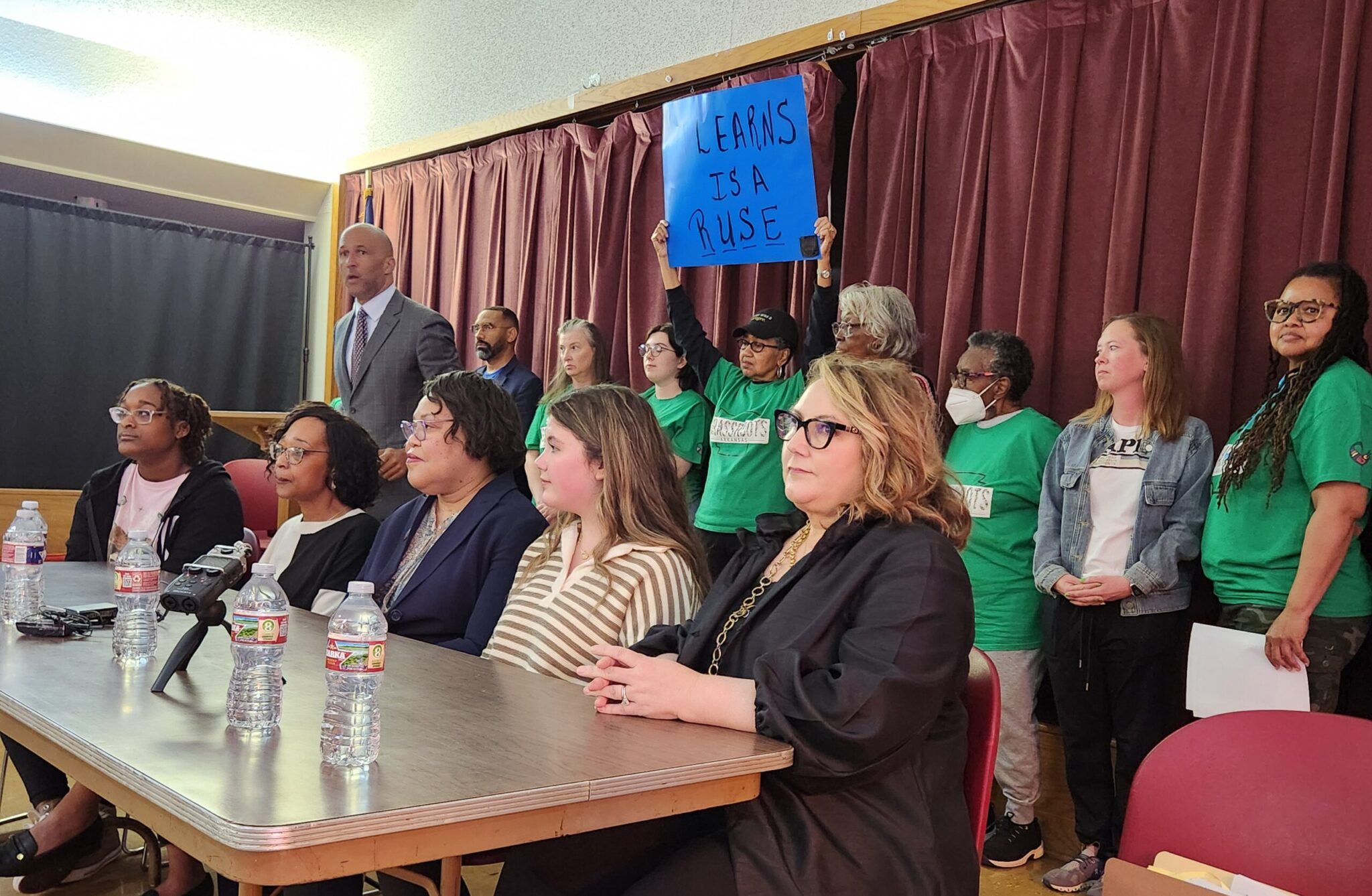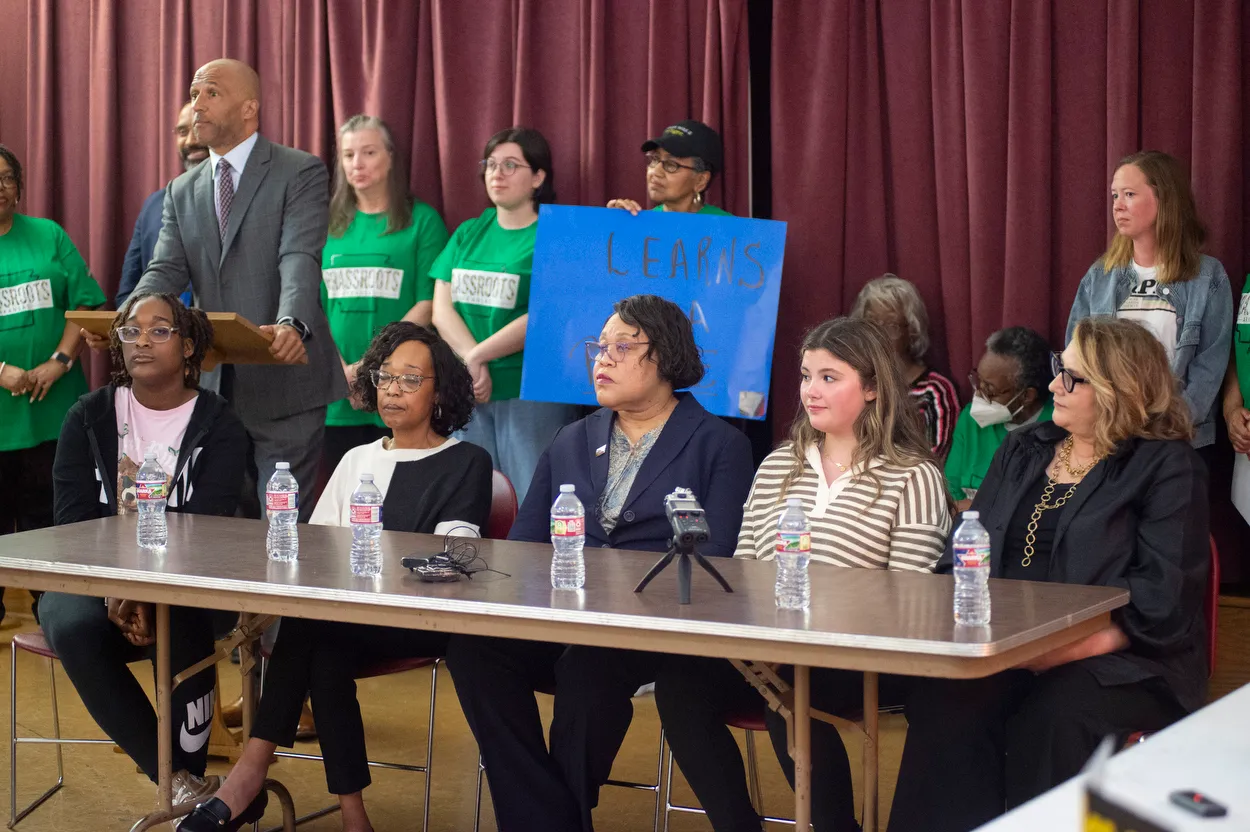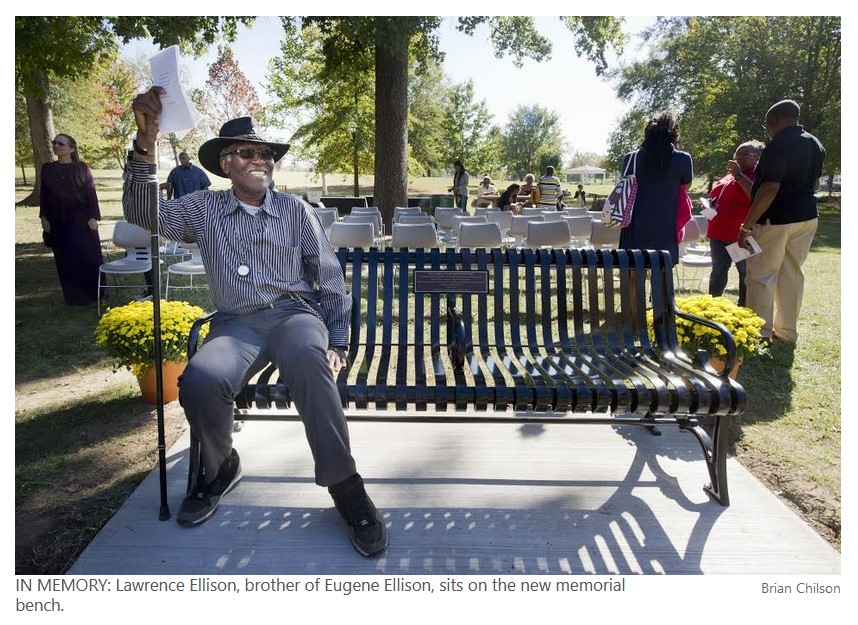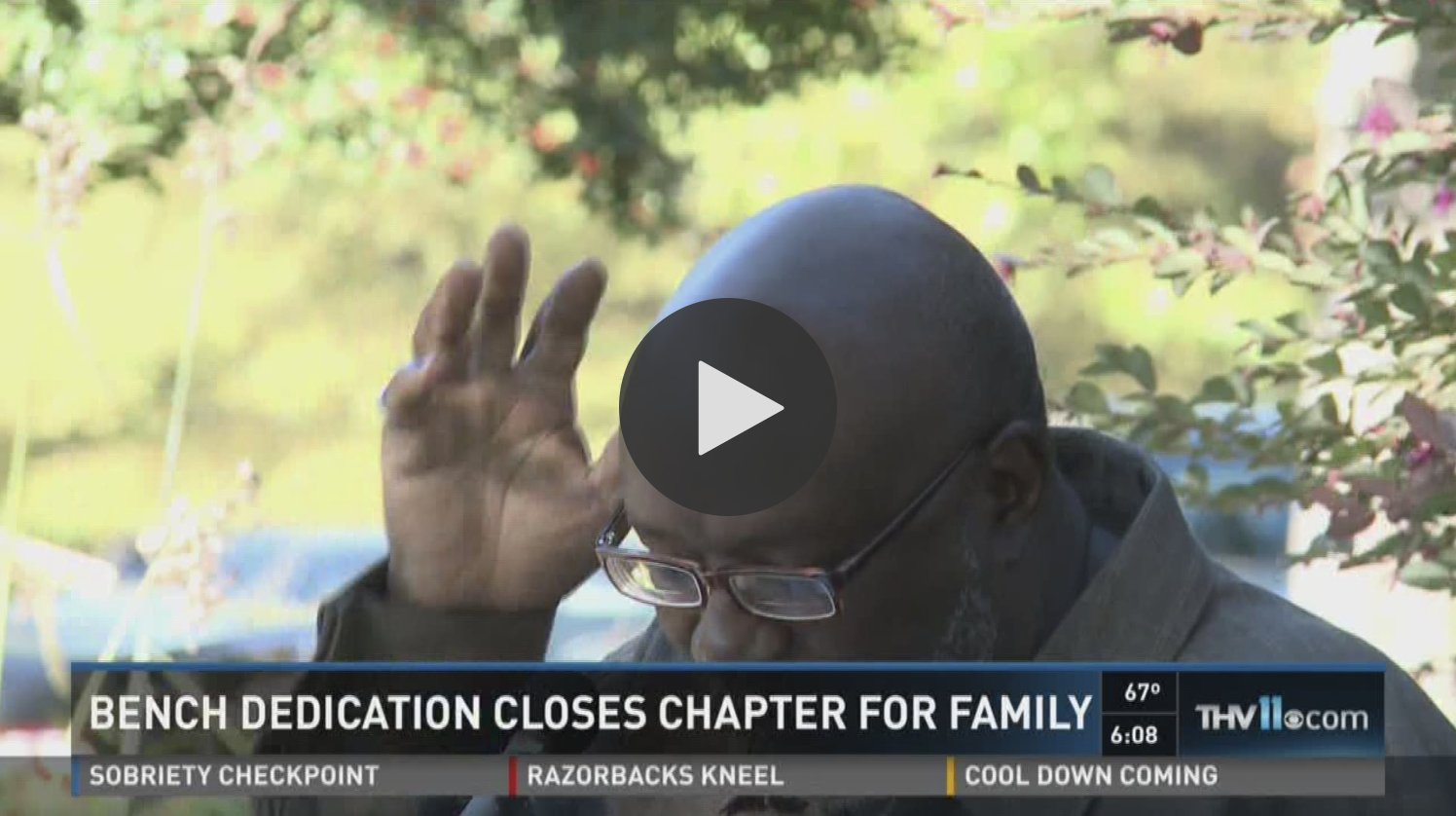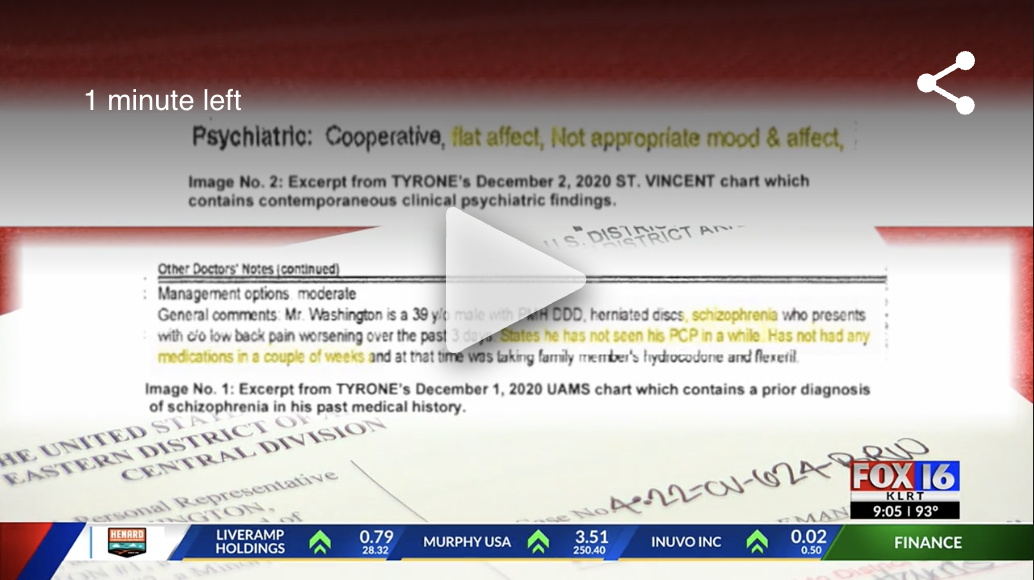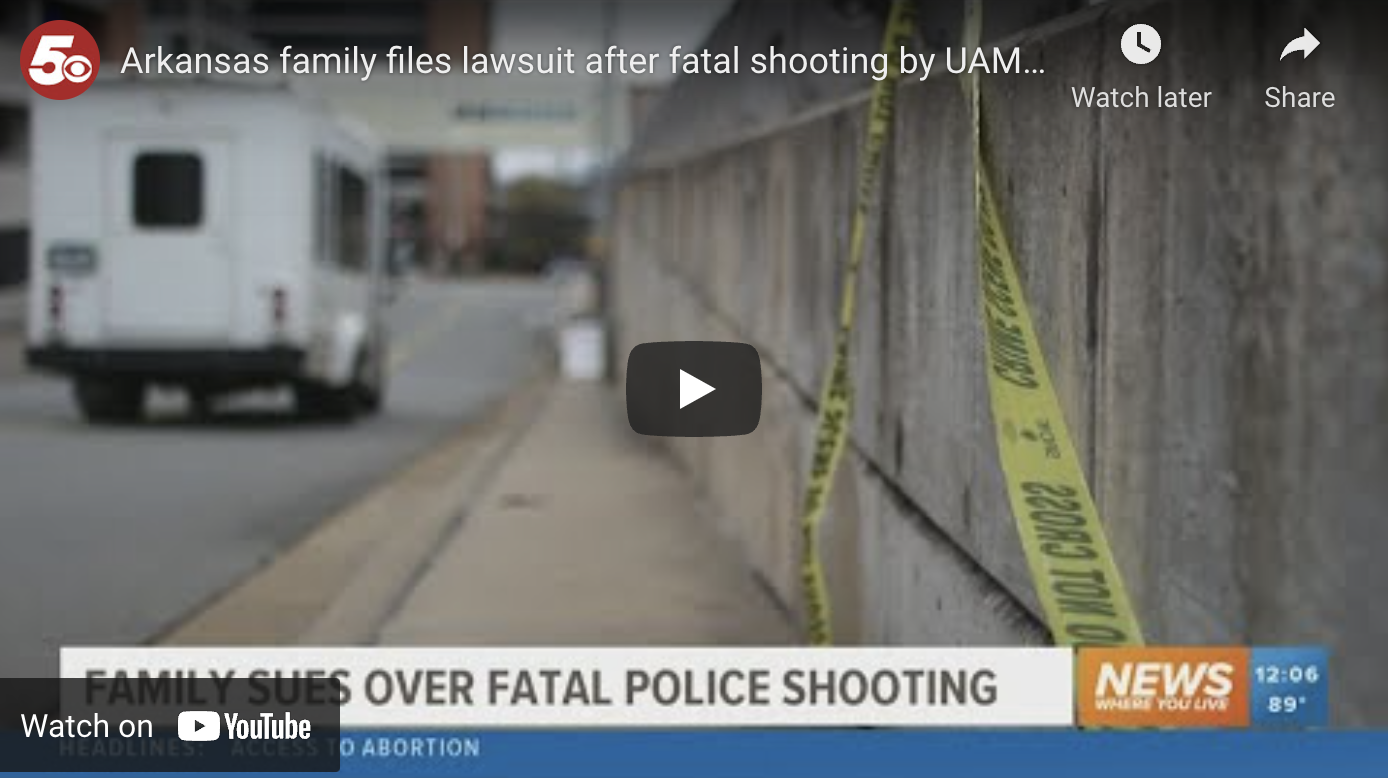“The NAACP will continue to use every tool” to fight, the organization said.
Published by ABC News By Beatrice Peterson
April 15, 2024, 3:54 PM ET
The Arkansas State Conference of the NAACP and the Lawyers Committee on Civil Rights are calling on a federal court to enact an injunction against the state of Arkansas over its Literacy, Empowerment, Accountability, Readiness, Networking and School Safety Act, known as the LEARNS Act, which is intended to prohibit public schools from teaching Diversity, Equity and Inclusion (DEI) and Critical Race Theory (CRT). Supporters of the LEARNS Act describe such teaching as “indoctrination.”
The NAACP joined the amended lawsuit, obtained first by ABC News, on Friday. The initial lawsuit was filed in March by national civil rights attorney Mike Laux in the U.S. District Court for the Eastern District of Arkansas Central District. The NAACP and the Lawyers Committee on Civil Rights also filed a request for an injunction on Friday in an attempt to prevent the LEARNS Act from being enforced as the lawsuit is being litigated.
This latest effort is a part of the NAACP’s attempt to fight what they describe as a wave of anti-Diversity, Equity and Inclusion (DEI) legislation across the country. The lawsuit argues that the Advanced Placement (AP) African American Studies classes taught in Arkansas’ public schools have received inequitable treatment and have been marginalized and underfunded when compared to other advanced placement courses. The suit claims that the alleged inequities have both deprived students the opportunity to learn about African American history and contributions, and have maintained a level of systemic inequality.
“We refuse to go back. The NAACP will continue to use every tool at our disposal to ensure that our constitutional rights are protected, and our culture respected. This is what standing for community looks like,” NAACP President Derrick Johnson told ABC News.
Johnson added, “From Arkansas to Alabama, the desecration of diversity, equity and inclusion poses an imminent threat to the future of our nation.”
In January 2023, Arkansas Gov. Sarah Huckabee Sanders signed an executive order to prohibit what the order describes as “indoctrination” and the teaching of critical race theory (CRT) in Arkansas public schools. At the time she signed the order, Sanders said CRT “is antithetical to the traditional American values of neutrality, equality, and fairness. It emphasizes skin color as a person’s primary characteristic, thereby resurrecting segregationist values, which America has fought so hard to reject.”
The governor added, “It is the policy of this administration that CRT, discrimination, and indoctrination have no place in Arkansas classrooms.”
Two months later, Huckabee Sanders signed the 144-page LEARNS Act into law.
The LEARNS Act allowed the Arkansas Department of Education to create “enhanced processes and policies that prevent prohibited indoctrination, including Critical Race Theory, as it relates to employees, contractors, and guest speakers or lecturers of the department.”
Although the legislation was met with resistance, the Arkansas Supreme Court ruled in favor of the law saying that the act passed with a valid emergency clause in October.
The plaintiffs in the new lawsuit include two high school teachers and two students from Little Rock Central High School, in Little Rock, Arkansas. The same high school was the focal point of the 1957 Supreme Court ruling which ordered the integration of public schools in the U.S., three years after the Supreme Court’s landmark Brown v. Board of Education decision.
Nine Black students, who thereafter were known as the “Little Rock Nine,” were subsequently allowed to enroll in Little Rock Central High School. The students became targets of anti-integration mobs, prompting then-President Dwight Eisenhower to deploy the National Guard to enforce the law and protect the students.
In addition to Little Rock Central High School’s place in American history culture, it is also Gov. Huckabee Sanders’ alma mater, with the majority of its student body now comprised of students of color.
One of the plaintiffs in the lawsuit, Ruthie Walls, is an AP teacher of African American studies. According to the lawsuit, Walls – who was named Little Rock Central High School’s “Teacher of the Year” for the 2023-2024 school year – is hamstrung by the bill.
The amended lawsuit says because of the LEARNS Act, Walls “now self-censors herself out of fear of the penalties that she may face,” and that she does not deeply delve into historic topics such as the impact of Jim Crow laws and the consequences of Brown v. Board of Education. The amended complaint further says Walls worries that the effects of the LEARNS Act will negatively affect her students’ success on the AP exam.
Additionally, the lawsuit alleges that the state of Arkansas and the Arkansas Department of Education “have purged state-provided resources, including information on civil rights from the NEA, the Martin Luther King, Jr. Research and Education Institute, and Selma online with no explanation for the removal.”
The lawsuit further alleges that the “State’s preferred 1776 Unites curriculum…could be interpreted as undermining discrimination and equal protection by white-washing history”
The lawsuit also alleges that a state doesn’t have “unchecked power to impose upon the teachers in its schools any conditions that it chooses,” and cannot prohibit teaching a “theory or doctrine where that prohibition is based upon reasons that violate the First Amendment.”
This Arkansas lawsuit is the latest in a broader national effort to fight anti-DEI legislation. In March, the NAACP sent a letter urging Black current and prospective NCAA student-athlete players to reconsider attending colleges in the state of Florida after the University of Florida announced plans to dismantle its Diversity Equity and Inclusion department. The dismantling is in response to Florida Gov. Ron DeSantis’ Stop WOKE Act, which, like the LEARN Act, passed in 2023.
In her State of the State address on Wednesday, Gov. Huckabee Sanders said that education was her first priority. She stated in part that the first year of the LEARNS Act “targeted the most at-risk students in our state. But education freedom is for everyone, and soon, Education Freedom Accounts will be too.” The latter is in reference to an Arkansas program to allow eligible families to receive public funds to pay for private or home schooling for their children.
Huckabee Sanders added, “Educational freedom is the least we can do for those who put everything on the line for our freedom. This time next year, we will have universal education freedom for the first time in Arkansas history.”
She urged the state legislature to send her a budget that fully funds the LEARNS Act, which she said she will sign.
“Students should be allowed to learn about real history, not a whitewashed version,” David Hinojosa, director of the Educational Opportunities Project at the Lawyers’ Committee for Civil Rights, told ABC News. “The most painful chapters of American history should not be buried because it makes some people uncomfortable.”
“Frankly, it’s downright offensive and unjust for Arkansas to be forcing educators to censor their discussion on racism and stripping the AP African American Studies course of all its benefits, including extra weight for their GPAs, and potentially earning college credit,” Hinojosa.
“Make no mistake, these coordinated efforts to rewrite our history, remove our leaders from classrooms and degrade our culture are a covert attempt to revert the progress we’ve worked tirelessly to secure,” NAACP President Derrick Johnson told ABC News.


